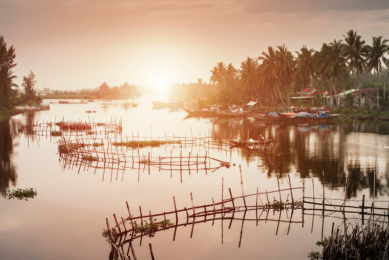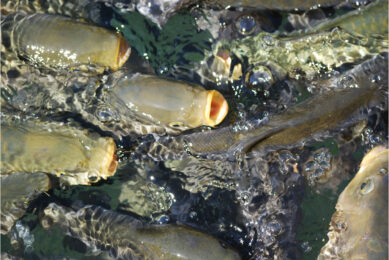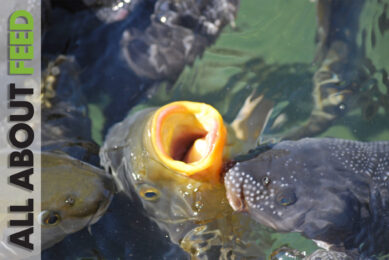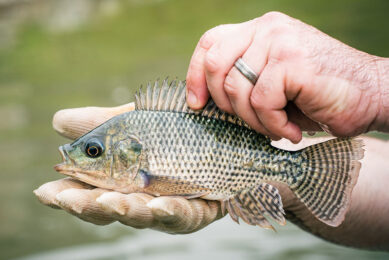Sea fish cobia able to grow in freshwater
A Virginia company is using a patented technology to produce a fast-growing, high-yielding marine fish made its debut at the International Boston Seafood Show.
sea, one that will fill growing consumer demand for marine fish high in Omega 3
fatty acids without burdening the ocean’s already depleted fish stocks,” says
Bill Martin, chairman Virginia Cobia Farms in Saltville.
There’s one
other plus. Virginia cobia is raised in tanks and its feed components are
carefully monitored, so there’s no risk of mercury content, which is a growing
concern in some marine species.
One spot
Martin
eventually plans to produce up to 200 millions pounds of cobia a year at his
Southwestern Virginia farm. That may not sound like a lot when compared to
the 600 million pounds of catfish produced in the Delta and other southern
states. “But 200 million pounds is a heck of a lot of fish coming from one
spot,” Martin says.
That “one spot” is Saltville, Virginia, a small town in
an economically depressed area of the state that stands to gain lots of jobs
from the upstart company. Last fall, Governor Timothy Kaine estimated that
Virginia Cobia Farms would create 60 new jobs for the region.
Patented
technology
The technology used to raise the fish is patented by MariCal,
a privately held animal health and nutrition biotechnology firm that discovered
a way to raise saltwater species in low-salinity fresh water, without
compromising taste, texture or nutritional content.
But there is no
magic to the process, insists Dr. William Harris, a co-founder, president and
chief scientific officer of MariCal.
He notes that many marine fish
naturally adapt to variations in salinity and that some species, including
salmon, spend part of their lives in fresh water. MariCal’s patented technology
involves a protein that serves as a calcium-sensing receptor (CaSR), which
Harris describes as a “molecular thermostat.” “We don’t do anything to the fish.
There are no genetic modifications, no antibiotics and no hormones. We’re simply
signalling this natural sensor. It’s sort of like putting your hand over a
thermostat to raise the temperature reading. You’re not doing anything to
the thermostat. You’re simply triggering a
response.”
International show
Thomas says going to
the International Boston Seafood Show helped Virginia Cobia Farms reach two
product-development milestones — to establish the company’s presence in the
market and, more importantly, “to be able to survey the market so we fully
understand how to position our product and meet the consumer’s
needs.”
Related websites:
MariCal
Blue Ridge Aquaculture
Virginia Cobia Farms
To receive the AllAboutFeed newsletter click here.











